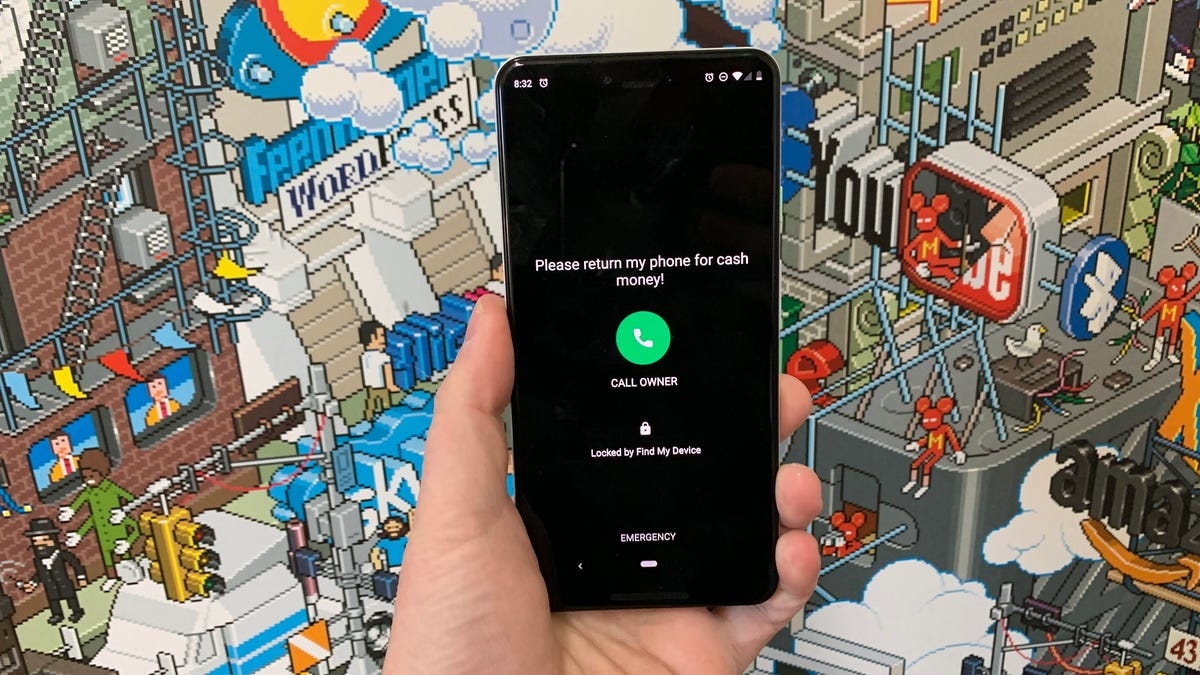New York privacy bill could ban selling phone location data
We’re sorry, the New Yorker you were trying to track could not be found.

Your phone location data could have more privacy in New York with this bill.
Selling your phone location data is a lucrative business, but it might not have a place in New York City: The City Council is considering a bill banning the practice within the five boroughs.
Council member Justin Brannan on Tuesday proposed a bill that would prevent mobile carriers and apps from sharing people's location data if that location is within New York City. Hundreds of apps access that information and sell it, often for less than a penny. Even if you didn't download any of those apps, carriers have also been caught selling location data to third parties.
Senators have called for investigations on mobile carriers that sold location data, leading companies like T-Mobile, Sprint, Verizon and AT&T to end those practices in non-emergency cases. This comes after reports from Motherboard that bounty hunters were buying location data provided by mobile carriers to track people down.
The proposed bill includes a $1,000 fine per violation, and a maximum penalty of $10,000 per day, per person, for location data shared against the law. If passed, it would be the first law in the country to regulate location data sharing.
Mobile location data has become a major privacy concern as people carry phones in their pockets everywhere they go, essentially providing a catalog of their whereabouts to data brokers. Free apps with location access like weather services will often sell that data to advertisers. In January, Los Angeles sued the Weather Channel app, accusing the company of deceptively gathering location data.
There are no federal regulations on location data sharing, even as lawmakers call for the FCC to investigate the privacy angle. In a tweet, Brannan stated that New York would lead the way if the federal government wouldn't act.
If DC won’t ban this dangerous breach of privacy, NYC can lead the way, and protect people in the process.
— Justin Brannan (@JustinBrannan) July 23, 2019
My bill would make it illegal for cell companies and mobile apps to share your location info without your explicit permission. https://t.co/QikRzutQcA
The proposed bill makes exceptions for phone location services provided to law enforcement agencies, emergency services responding to 911 calls, and people willingly providing their location data.
If passed, it would take effect 120 days after the bill becomes law.

